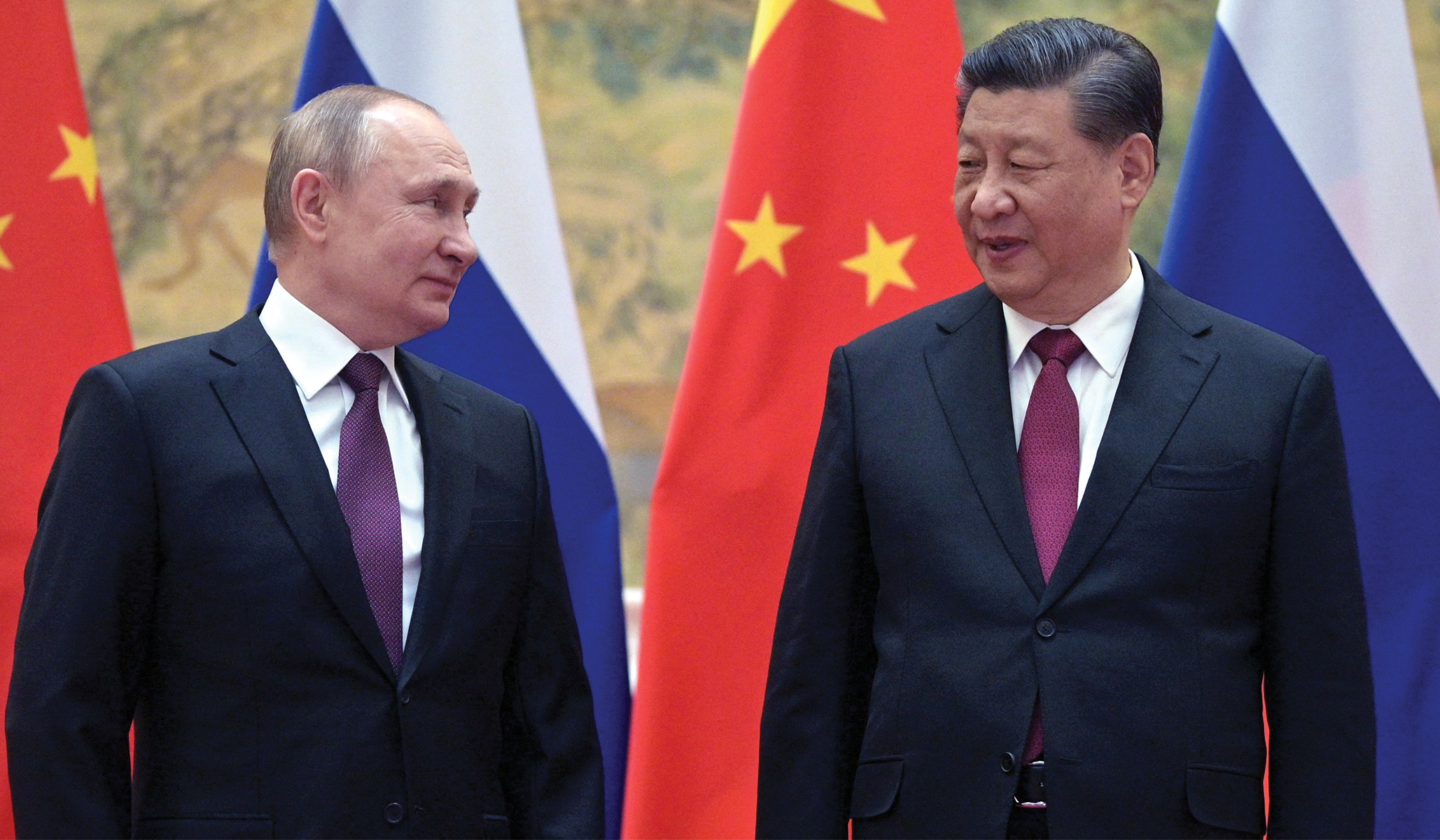The term “New Cold War” has been used to describe the increasing geopolitical tensions between the United States and China, as well as Russia. This renewed rivalry is characterized by strategic competition, economic decoupling, and heightened military tensions.
Key Drivers of the New Cold War
- Geopolitical Rivalry:
- US-China Competition: The rising economic and military power of China has challenged US global dominance, leading to increased competition in various domains, including technology, trade, and military influence.
- Russia’s Assertiveness: Russia’s aggressive foreign policy, including its invasion of Ukraine, has strained relations with Western countries and led to a resurgence of geopolitical tensions in Europe.
- Ideological Differences:
- Democracy vs. Authoritarianism: The clash between democratic values and authoritarian regimes has exacerbated geopolitical tensions. The US and its allies advocate for democratic governance, human rights, and the rule of law, while China and Russia promote their own models of governance.
- Economic Systems: The competition between capitalist and state-capitalist economic systems has intensified, with the US and its allies advocating for free markets and globalization, while China and Russia promote state-led economic development.
- Technological Competition:
- Technological Supremacy: The race for technological dominance, particularly in areas like artificial intelligence, 5G, and biotechnology, has become a key driver of geopolitical competition.
- Cybersecurity Threats: Cyberattacks have emerged as a significant tool of geopolitical warfare, with states and non-state actors using cyber weapons to target critical infrastructure and steal sensitive information.
Implications of the New Cold War
The New Cold War has significant implications for global security, economic stability, and international cooperation. Some of the potential consequences include:
- Increased Military Spending: A new arms race could lead to increased military spending and heightened tensions, potentially destabilizing the global security environment.
- Economic Decoupling: The decoupling of the global economy could lead to slower economic growth, trade disruptions, and higher prices for consumers.
- Geopolitical Fragmentation: The world may become increasingly divided into geopolitical blocs, with countries aligning themselves with either the US or China.
- Increased Risk of Conflict: Miscalculations and accidents could escalate tensions and lead to military confrontations, particularly in regions like the Taiwan Strait and the South China Sea.
To mitigate the risks of a new Cold War, it is essential for the major powers to engage in constructive dialogue, build trust, and find common ground. Cooperation on global challenges, such as climate change and pandemics, is crucial for the well-being of humanity.

Leave a Reply